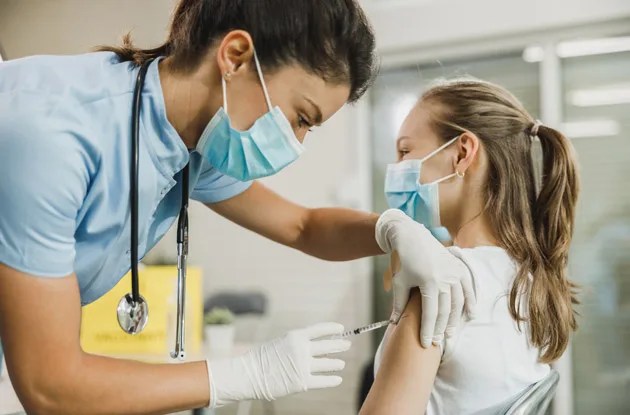We all know oral health care is necessary for our general health, but when should we begin teaching children about it? Marita Smith, D.D.S., shares when you should start brushing and flossing your child’s teeth.
At what age do I need to start brushing and flossing my child’s teeth?
Before your child has any teeth, you should wipe the mouth and gums with moist gauze or soft wet washcloth after feedings and before bedtime. Once the first tooth comes in, you should use a small, soft bristled, age-appropriate toothbrush to clean the teeth two times per day: in the morning after breakfast and in the evening before bedtime—the last thing to touch a child’s teeth before bed should be a toothbrush.
REALTED: Find a Dentist in Your Area
At first, no toothpaste is necessary; simply wet the toothbrush with water. For children younger than 3, a rice-sized amount of fluoridated toothpaste should be used. For children ages 3-6, a pea-sized amount of fluoridated toothpaste should be used. It is best if a parent assists children preschool-age and younger in brushing. Take care to brush on the inside and outside of each tooth and the tongue, if possible. In order to maximize the beneficial effect of fluoride—a mineral that helps prevent tooth decay by making enamel more resistant to acids and harmful bacteria—your child should not rinse after brushing his teeth.
Flossing should be initiated when adjacent tooth surfaces cannot be cleansed with a toothbrush. Kid’s flossers are an excellent aid in flossing children’s teeth.
Evidence shows that in order to succeed in preventing oral disease, interventions must begin at infancy. The American Academy of Pediatric Dentistry suggests that your child should have a comprehensive oral exam, an assessment for oral diseases, caries risk assessment, dietary recommendations, and oral hygiene instructions by the time she reaches her first birthday! Good oral hygiene practices that are implemented very early on can have a positive outcome on the her overall well-being.
RELATED: What You Need to Know to Keep Your Kids’ Teeth Healthy





















